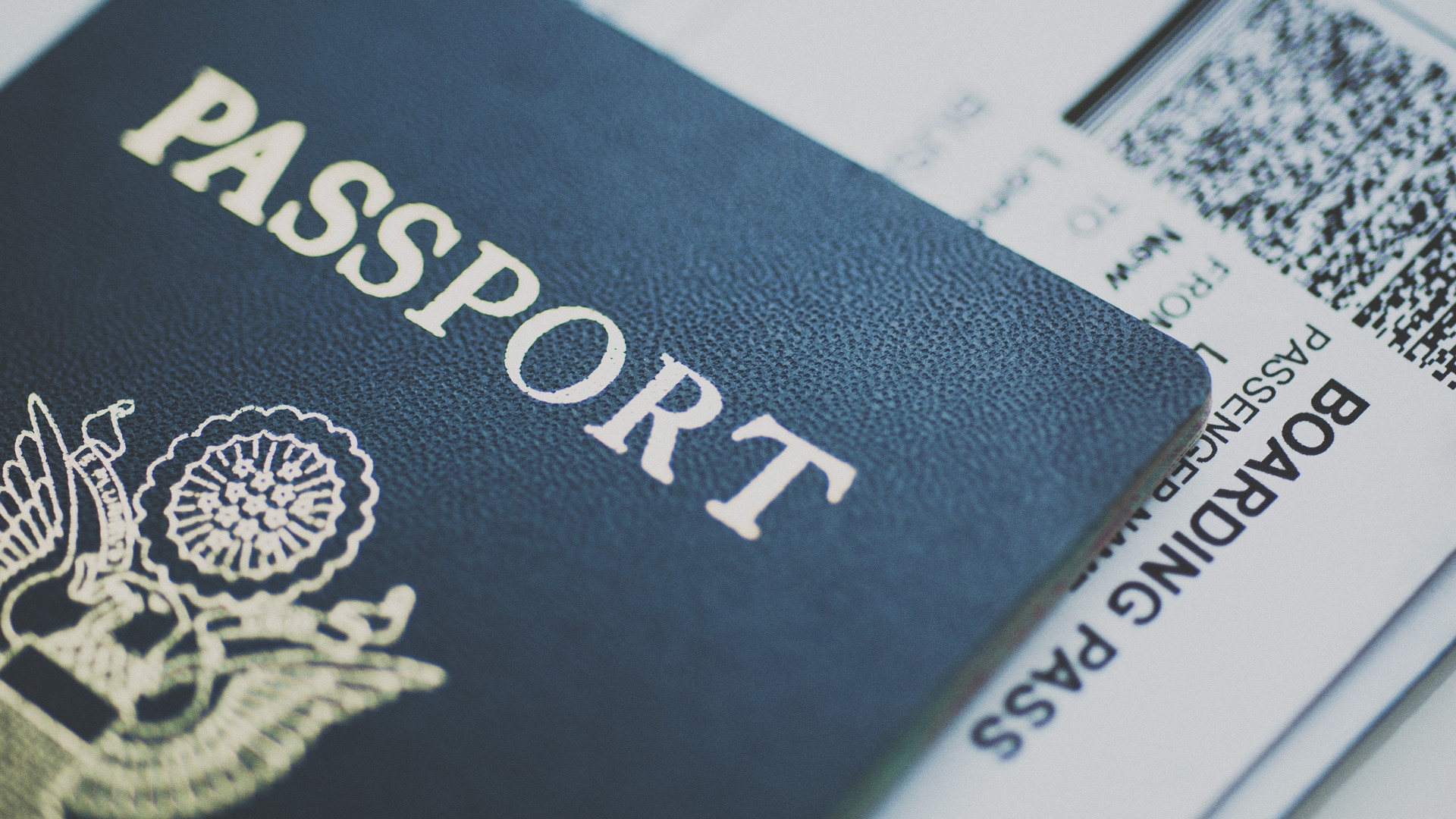5 Ways Lighten Your Air Travel
This article is for people who have spent at least one night sleeping on an airport floor. Perhaps your flight was canceled because of fog and you scrambled to catch the last long shuttle bus home, only to miss that one, too.
If you weren’t allowed through screening because the taxi was late and crawled through traffic; if you were forced to check luggage that the airline then lost and had to buy new clothes for that presentation; if you had to take bizarre connecting flights through airports that forced you to march through TWA’s kabuki security theater a second time; if you did any or some combination of these things, or if it sounds strangely familiar, then this is the article for you.

Learning lessons
This is not simply a compendium of airport-induced woes. A lot of these are on me. I’ve been in the word business for about 20 years now—business that has involved a fair bit of domestic travel. And I’ve made many, many mistakes along the way, including going to the wrong airport. Twice!
It is said that life is a great teacher. She sure is a persistent one. Eventually, I paid attention and learned some important things about modern travel from my travels.
These lessons can be divided into personal hacks which are useful for me—what default seat to try for (aisle, zone 2), what pills to keep close at hand (Advil, Tums), what airports to avoid if at all possible (LAX), etc.—and larger strategies that may be more broadly beneficial for business and other travel.
Here are my five strategies for making your flying much less of a train wreck:
1. Cluster your stuff
One of the big problems with traveling is that you forget things—often important things—on your way out the door. There are all kinds of strategies for dealing with this. The simplest and most effective solution is to cluster all the stuff you are going to take in one place. That way you only have to remember one thing: this here cluster. And then to do the same before your return.
This is also true WHILE you travel, as I was reminded on a recent trip to Nashville and back. I stopped at an airport restaurant, put my backpack and rolling bag in different places, ordered, ate, paid the bill, then left the restaurant with only my backpack! About a football field later, I realized the problem and sprinted for it.
2. Reduce how much stuff you take
How much stuff you have in your home is your business, but in modern air travel, it pays to be a minimalist. If you pack too much stuff, you’ll have to check a bag and usually pay extra for it. Best case scenario: You’ll have to wait around for it at the other end. Worst case scenario: The airline loses it and you have to scramble to replace the stuff you really need for your trip.
It’s hard to overstate the importance of reduction on easing travel woes. On especially full flights these days, even that one roller bag that is optimized for the overhead bin may not end up flying with you. So figure out what you need and pack the minimum.

If it’s not expected, maybe you don’t need to pack that jacket. Maybe you can replace that laptop with a tablet, that tablet with a thumb drive, or that thumb drive with files that have been sent and verified in advance. Maybe for short trips, you can replace two carry-on items with one backpack, that can fit under the seat in a pinch. Or maybe you can go with just the clothes on your back and enjoy all that legroom.
Constantly be asking yourself, “Self, what can I leave out and still set myself up for success at the other end?”
3. Print out your own boarding documents in advance
There is one huge exception to the last lesson. These days it’s all the rage to go paperless. Do not attempt that at an airport.
People constantly try to replace boarding passes and the like with their phones. But phones fail. They glitch, run molasses slow, run out of batteries, reboot at inconvenient times, and even die. This leaves the new paperless traveler embarrassed at best and possibly in a whole world of hurt. Talk about the revenge of analog!

I’ve seen the woes of the paperless man many times at airports. She’s the woman who has to step to the side during screening because her phone is rebooting (as I witnessed recently coming back from Nashville); the guy who confidently swipes his barcode at the gate only to be told that it’s not working and maybe go over there and see an agent; the whole group of people shorting bathroom breaks, recharging their low-on-juice phones to try to avoid this fate.
For far better results, check in a full 24-hours in advance, print up your own boarding passes and put them in the cluster. Then have the same documents sent to your phone, as backups.
4. Value your time when scheduling your trip
My poor bank account will attest that air travel can be expensive, but choosing the wrong flight can cost you even more.
Let’s say you find a deal for a round-trip ticket that costs $100 less than another flight but tacks on an extra 2 hours each way. Should you go for it?
It all depends on how you value your time. The simplest way to approach it is to calculate your hourly wage. Do you make $30 an hour? If that is the case then congratulations, you just shorted yourself $20 and you’ll never get that time back.
It could cost much more than that as well. Imagine that you can save $250 on a flight to pitch a prospective client but that will mean that you will have to shortchange your sleep before an early morning presentation. The contract is worth $50,000 annually.
In that case, it’s probably wiser to pay the money, get there with some margin and go to bed early to fight jetlag. That way you have a better chance at being clear-headed and competitive as you make the pitch.
5. Stay home if you can
This one may sound flip, but no. Business travel is expensive, time-consuming, and sometimes unnecessary.
After all, it’s easier than ever to get face time with, well, FaceTime, Zoom, Skype, and the like. We can collaborate on documents over the cloud and communicate effectively within a dispersed organization using tools like Slack and email and this newfangled technology called the telephone.
Sometimes the things keeping us in the air are simply expectations that can and ought to be challenged, respectfully.
For instance, several months ago, I was supposed to go out to Michael Hyatt & Company headquarters for a week but faced a dilemma: There was also a pressing project that had to be done.
I didn’t see how the two were compatible, so I sent my case up the department’s chain of command: Did they still want me to come out there and try to make it work, somehow, or should I hunker down and fix the problem?
How that was resolved is not especially important to this lesson. The point is that for management to even consider canceling the trip, someone had to challenge those assumptions in that schedule. In this case, it was me. But with a few details juggled, it could just as easily have been any one of the tens of thousands of harried Americans who fly for business every day of the week.
Disclosure of Material Connection: Some of the links in the post above are “affiliate links.” This means if you click on the link and purchase the item, we will receive an affiliate commission. Regardless, we only recommend products or services we use and believe will add value to our readers. We are disclosing this in accordance with the Federal Trade Commission’s 16 CFR, Part 255: “Guides Concerning the Use of Endorsements and Testimonials in Advertising.









